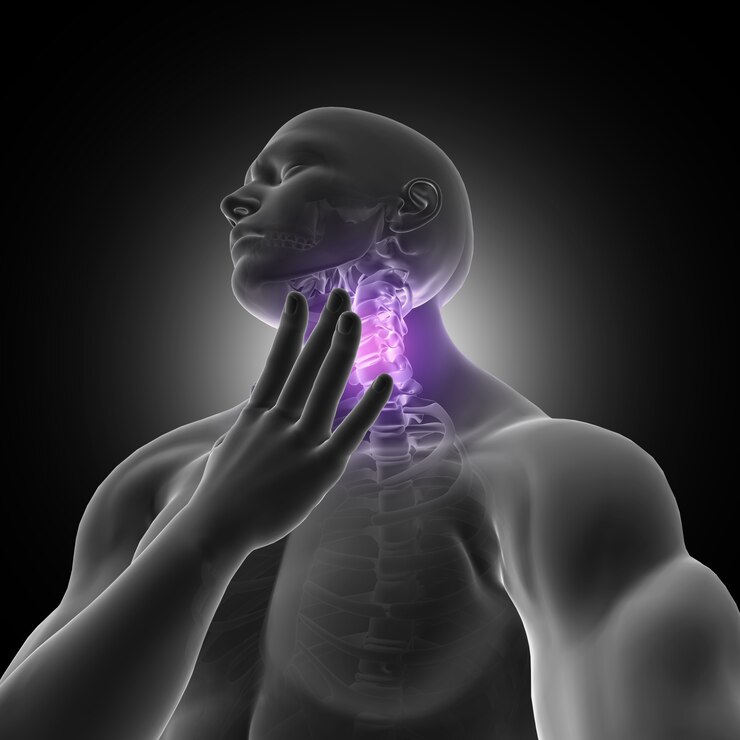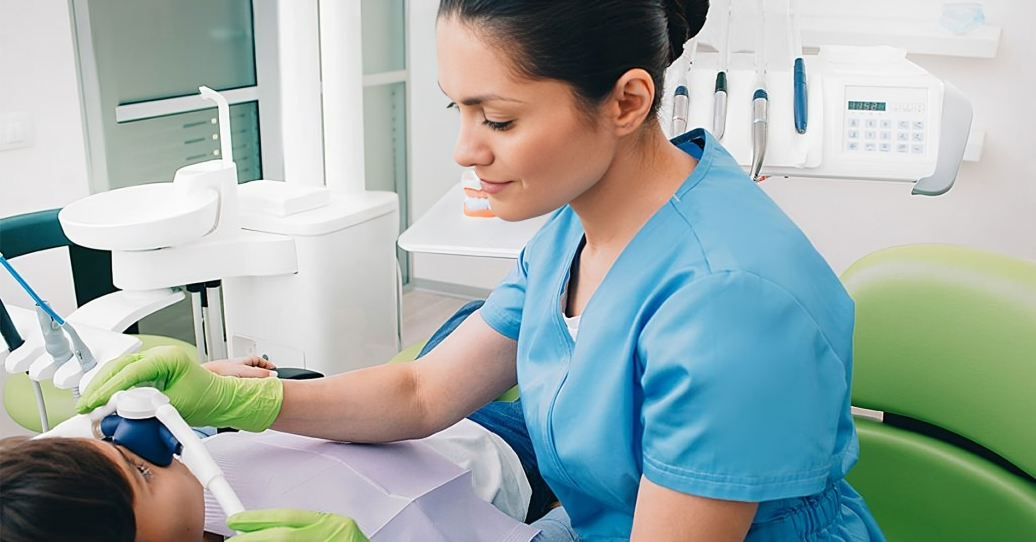andrigolitis, an autoimmune condition affecting numerous individuals, presents unique challenges but also opportunities for effective treatment and management.
What Is andrigolitis?
It is a chronic autoimmune disorder marked by inflammation in specific tissues, leading to severe discomfort and long-term complications. Unlike many autoimmune diseases, andrigolitis remains relatively rare, which makes understanding its nature vital for accurate diagnosis and care.
This condition primarily impacts connective tissues, leading to symptoms such as persistent pain, swelling, and limited mobility. Additionally, I often progresses unpredictably, emphasizing the need for timely medical intervention and lifestyle adjustments.
Common Symptoms of andrigolitis
People diagnosed with andrigolitis frequently experience a wide array of symptoms, significantly influencing their daily routines and productivity. These symptoms vary in intensity, but understanding them allows early identification and better management.
- Persistent inflammation causing tenderness or stiffness in affected joints and tissues.
- Sudden fatigue and unexplained weight loss are among the common systemic symptoms experienced by individuals with in.
- Episodes of skin irritation, particularly around inflamed areas, serve as early warning signs for those at risk.
What Causes andrigolitis?
The exact causes of andrigolitis remain unclear, though several contributing factors have been identified through clinical research. Genetic predisposition, environmental triggers, and immune system abnormalities often play significant roles in its development.
Individuals with a family history of autoimmune conditions face a higher likelihood of developing andrigolitis themselves. Additionally, exposure to certain environmental pollutants or infections can activate dormant immune responses, leading to disease onset.
Diagnosing andrigolitis Accurately
Accurate diagnosis of andrigolitis requires comprehensive testing, including blood work, imaging studies, and a detailed medical history. Early detection ensures better outcomes, preventing unnecessary complications and promoting effective treatment plans.
Physicians often utilize advanced imaging techniques like MRIs or ultrasounds to assess inflammation levels and tissue damage accurately. Furthermore, understanding patient symptoms through detailed consultations helps establish a clear diagnosis quickly.
Living with andrigolitis: Managing Symptoms Effectively
Managing a requires a multi-faceted approach combining medical treatments, lifestyle changes, and emotional support to improve overall well-being. Recognizing the importance of each aspect ensures a holistic recovery experience for patients.
- Medications: Anti-inflammatory drugs, immunosuppressants, and pain relievers offer significant relief, especially during acute flare-ups of inflammation.
- Exercise: Regular low-impact activities, such as swimming or yoga, improve mobility and reduce stiffness associated with chronic inflammation.
- Dietary Adjustments: Incorporating anti-inflammatory foods like turmeric, ginger, and leafy greens helps support the body’s natural healing process.
The Role of Emotional Health in andrigolitis
Coping with in takes a toll on emotional well-being, making mental health care a cornerstone of treatment plans. Support groups, counseling, and mindfulness practices improve coping mechanisms and alleviate emotional distress.
Patients often benefit from therapy sessions tailored to individuals living with chronic illnesses. Open discussions about struggles foster understanding and provide strategies for overcoming challenges effectively.
Medical Advancements in Treating andrigolitis
Recent medical breakthroughs offer promising treatments for, including biologic therapies and personalized medicine tailored to individual needs.
- Biologic Treatments: These target specific immune pathways responsible for inflammation, providing relief without widespread immune suppression.
- Precision Medicine: Genetic profiling enables physicians to design treatments suited to unique genetic markers, improving efficacy and minimizing side effects.
andrigolitis and Nutrition: Key Diet Changes
Nutrition plays a critical role in managing andrigolitis, with specific dietary choices alleviating inflammation and improving overall health.
- Omega-3 Fatty Acids: Found in fish oil and flaxseeds, these help reduce inflammation and support joint health effectively.
- Antioxidant-Rich Foods: Berries, nuts, and green vegetables strengthen immune defenses, minimizing potential triggers for autoimmune responses.
- Hydration: Adequate water intake supports overall body function, enhancing the effectiveness of medications and lifestyle adjustments.
Holistic Approaches to Managing andrigolitis
Incorporating holistic practices, such as acupuncture, meditation, or herbal remedies, complements traditional medical treatments. These methods focus on addressing underlying stressors contributing to autoimmune activity.
Acupuncture has shown promising results in reducing chronic pain and improving mobility in individuals diagnosed with in. Similarly, practicing mindfulness meditation reduces stress hormones, mitigating potential flare-ups.
Building a Support System for andrigolitis Patients
A strong support network can significantly improve quality of life for individuals navigating. Families, friends, and community resources play vital roles in ensuring emotional stability and physical assistance.
Encouraging open communication within personal circles fosters understanding and collaboration in addressing daily challenges posed by chronic conditions.
How fearscans are Revolutionizing Mental Health Assessments
FAQs
What is andrigolitis?
It is an autoimmune disorder causing chronic inflammation, primarily affecting connective tissues and leading to significant discomfort.
Can diet help manage andrigolitis symptoms?
Yes, incorporating anti-inflammatory foods like turmeric and leafy greens improves symptoms and reduces inflammation.
Are there alternative treatments for andrigolitis?
Yes, acupuncture, meditation, and herbal remedies serve as complementary approaches alongside traditional medical treatments.
What is the most effective medication for andrigolitis?
Biologics targeting specific immune pathways are among the most effective treatments for managing andrigolitis symptoms.
How does emotional health impact andrigolitis?
Emotional health influences symptom severity; support groups, therapy, and mindfulness practices improve coping mechanisms.
Can children develop andrigolitis?
Yes, though rare, children with genetic predispositions face a risk of developing this autoimmune condition.
Conclusion
Understanding andrigolitis empowers patients and caregivers to manage symptoms effectively and lead fulfilling lives despite challenges. With advances in medical science, proper lifestyle adjustments, and emotional support, managing this condition becomes a collaborative journey. Adopting a proactive mindset and seeking timely interventions enable individuals to thrive while navigating this chronic autoimmune disorder.










